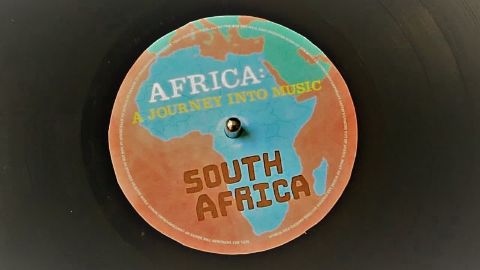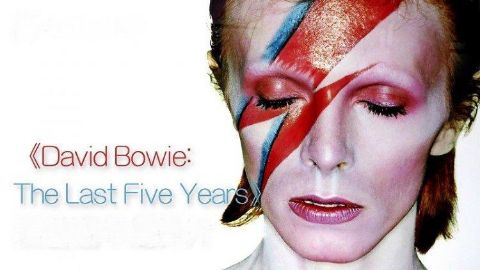Inside the K-Pop Dream Machine • 2024
The Korean Wave is taking the world by storm, and Korean Pop, or K-pop, is at the forefront. Krishnan Guru-Murthy goes inside South Korea's K-pop dance schools, investigating the hidden cost of becoming the next big idol. He learns how teenagers are crafted to be idols with relentless training regimes, scripted answers and picture-perfect looks, though just one per cent will 'make it big'.
Make a donation
Buy a brother a hot coffee? Or a cold beer?
Hope you're finding these documentaries fascinating and eye-opening. It's just me, working hard behind the scenes to bring you this enriching content.
Running and maintaining a website like this takes time and resources. That's why I'm reaching out to you. If you appreciate what I do and would like to support my efforts, would you consider "buying me a coffee"?
Donation addresses
BTC: bc1q8ldskxh4x9qnddhcrgcun8rtvddeldm2a07r2v
ETH: 0x5CCAAA1afc5c5D814129d99277dDb5A979672116
With your donation through , you can show your appreciation and help me keep this project going. Every contribution, no matter how small, makes a significant impact. It goes directly towards covering server costs.





